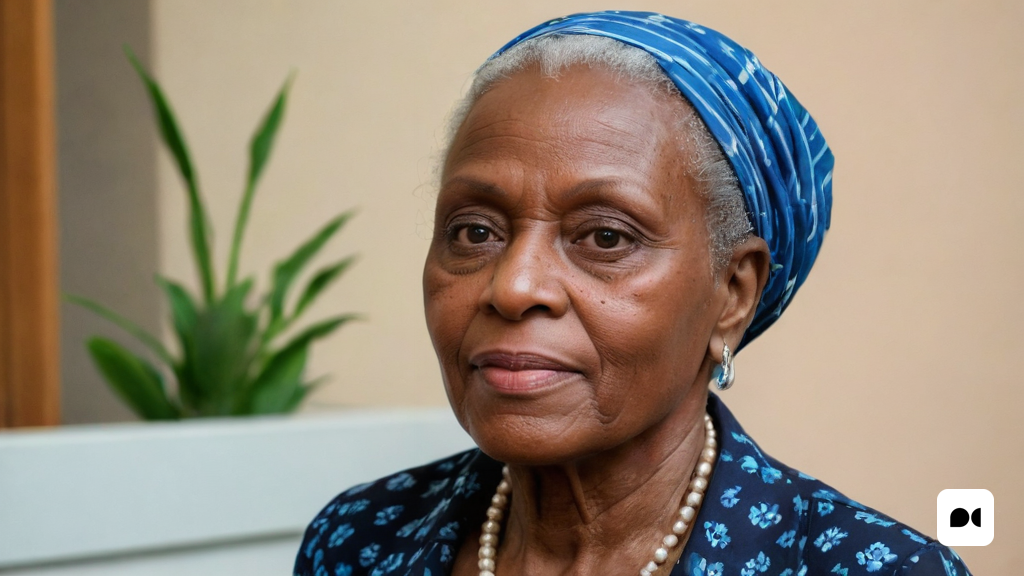A literary loss
The writer Maryse Condé, born in Pointe-à-Pitre, Guadeloupe, in 1937, has left this world at the age of 87 in a hospital in Vaucluse, near Marseille. This sad news has been announced by the publishing house Impedimenta, the Spanish label that has published his latest books. The publication highlighted his work as absolutely masterful and expressed its sadness at the loss. Condé was a recurring candidate for the Nobel Prize in Literature, although she never got it.
A literary legacy
Maryse Condé is a prominent figure in Antillean literature, author of an extensive body of work that includes more than thirty books, including novels, essays, plays, children’s books and an autobiography. Her work addresses issues such as blackness, slavery, colonialism, feminism and migration, issues that have been constant in her literary and personal career.
Recognitions and awards
Despite not having won the Nobel Prize for Literature, Condé has received other literary accolades, such as the Alternative Nobel for Literature, awarded by a popular jury made up of 32,000 people from around the world in 2018. In addition, she has been awarded with the National Prize for Literature on Women and the Anaïs-Ségalas Prize of the French Academy. In 1993, she was the first woman to receive the Putterbaugh Prize, awarded to francophone writers by the United States.
Commitment and influence
Maryse Condé has been a committed voice in the fight against slavery, chairing the Committee for the Memory of Slavery in France. Her work reflects her concern with identity and memory, both individual and collective, as well as the condition of Caribbean women and the complexities of relations between Africa and the diaspora.
Translations and recent works
The publishing house L’Agulla Daurada has translated some of his works into Catalan, such as ‘Travessa del manglar’ and ‘La migració dels cors’. His latest works published in Spanish by Impedimenta include ‘Corazón que ríe, corazón que llora’ (2019), ‘La vida sin maquillaje’ (2020), ‘La Deseada’ (2021), ‘El Evangelio del Nuevo Mundo’ (2023 ) and ‘History of the cannibal woman’ (2024).




